Enginuity Future Skills Hub
The engineering and manufacturing sector is rapidly evolving, making it challenging for employers to identify the skills necessary to stay ahead. Future Skills Hub offers a comprehensive collection of resources on various technologies and their impact on skills demand, all presented in an accessible, bite-sized format.
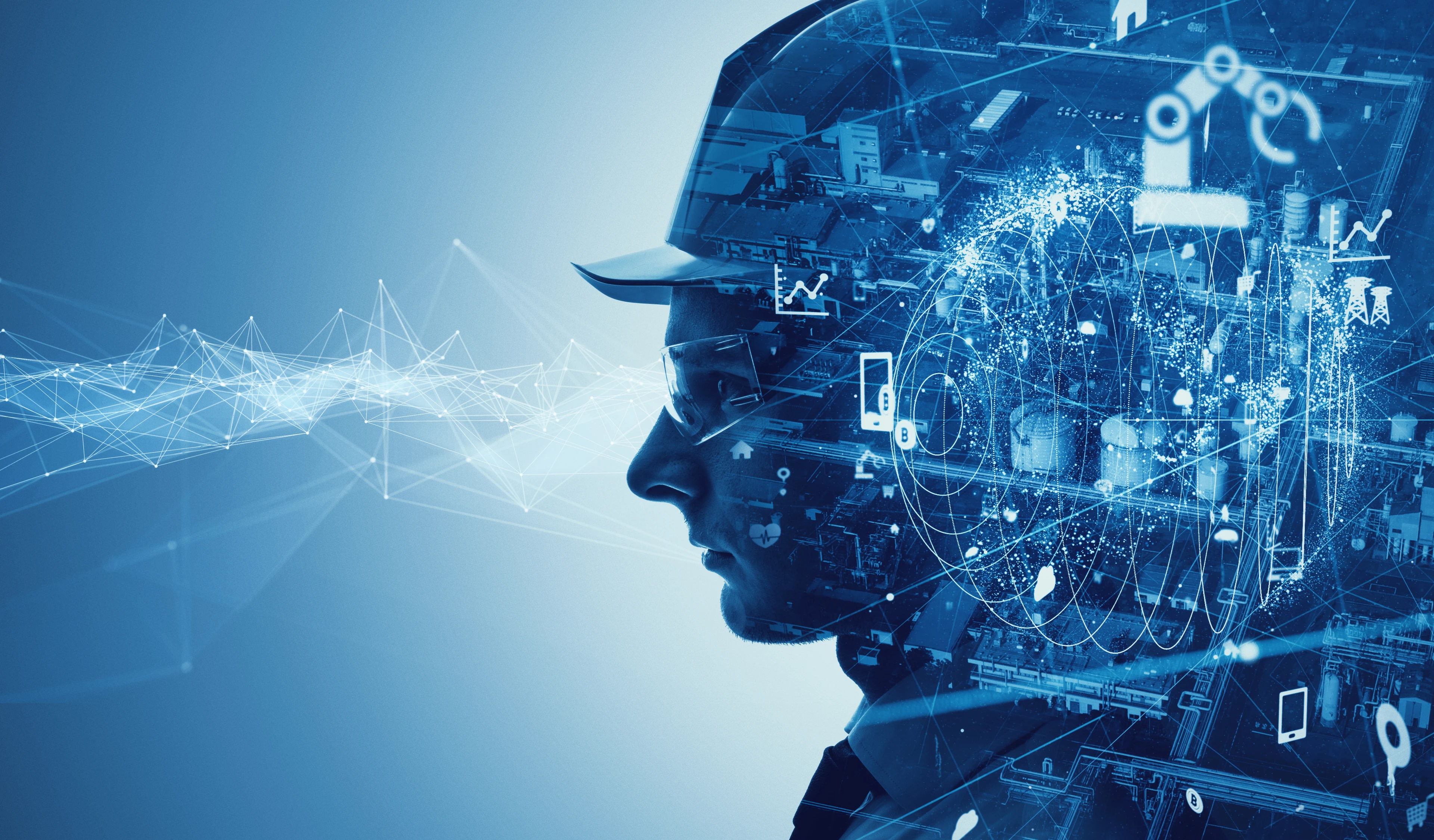

What is a digital twin?
A digital twin is a computer model that shows live data about an intended or real product, system or process part so that you can see how it performs in real-time.

Digital twins explained
How are digital twins used?
Benefits of digital twins
Digital twins and Industry 4.0
What skills might you need?
Skills required for digital twins include expertise in data analytics, simulation modelling, and domain-specific knowledge in engineering or manufacturing processes.
Additionally, other skills include:
- Solution architecture
- Systems integration
- Data analysis
- Data management
- Artificial intelligence
- Software development
- Modelling
- Data science
- Risk management
- Innovation
- Project management

What skills might you need?
Skills required for digital twins include expertise in data analytics, simulation modelling, and domain-specific knowledge in engineering or manufacturing processes.
Additionally, other skills include:
- Solution architecture
- Systems integration
- Data analysis
- Data management
- Artificial intelligence
- Software development
- Modelling
- Data science
- Risk management
- Innovation
- Project management
Who might need them?
While not everyone in a company needs to possess all these skills, the successful implementation of digital twins often involves collaboration among individuals with diverse expertise.
You might consider:
- Setting up a digital twin team with expertise in data modelling, simulation, programming, and cloud computing
- Enhancing existing roles with specialisms in data analytics; IT and connectivity; cybersecurity; project management; immersive technologies; and regulatory compliance.
- Partnering with other specialists in the above.
Useful resources
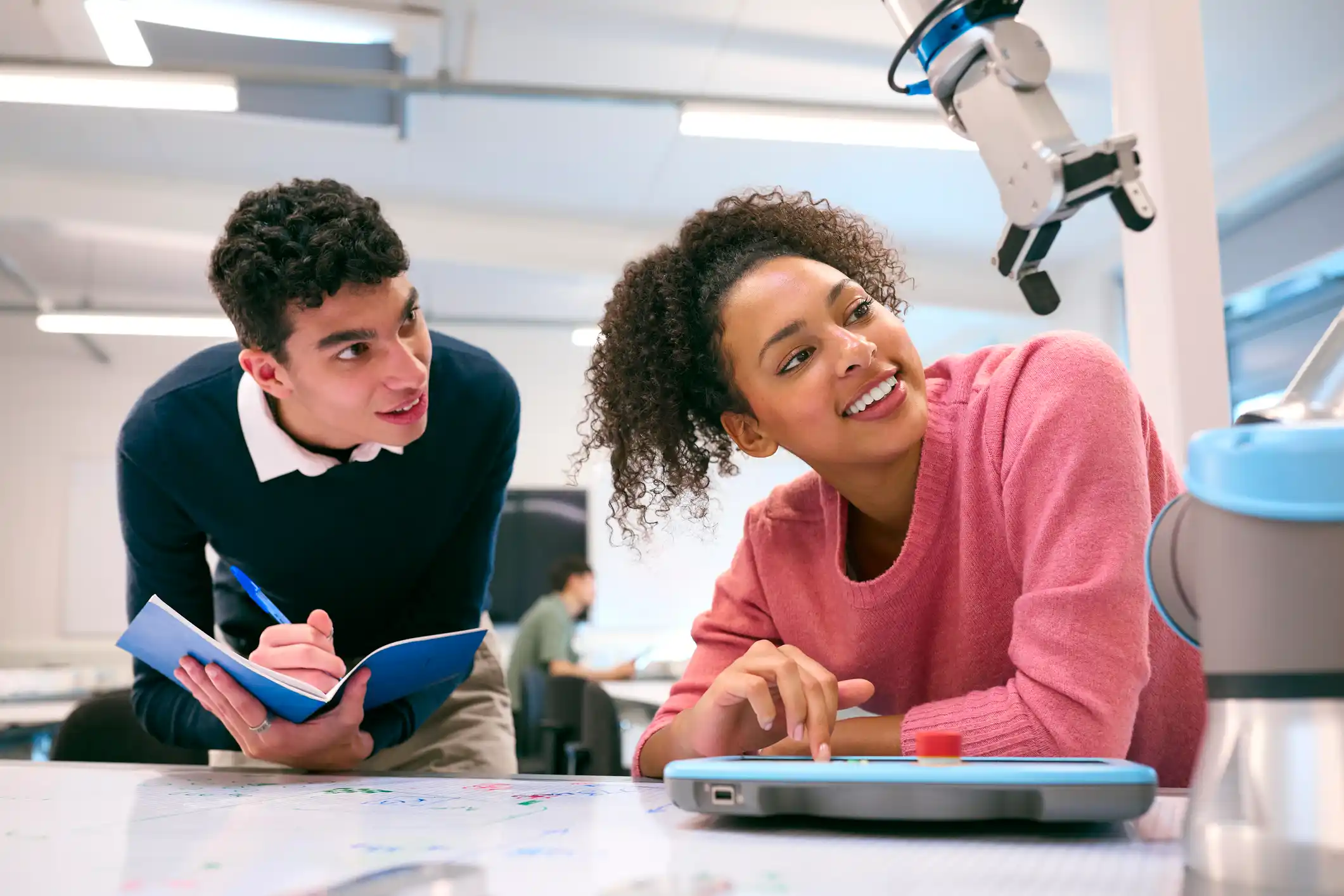
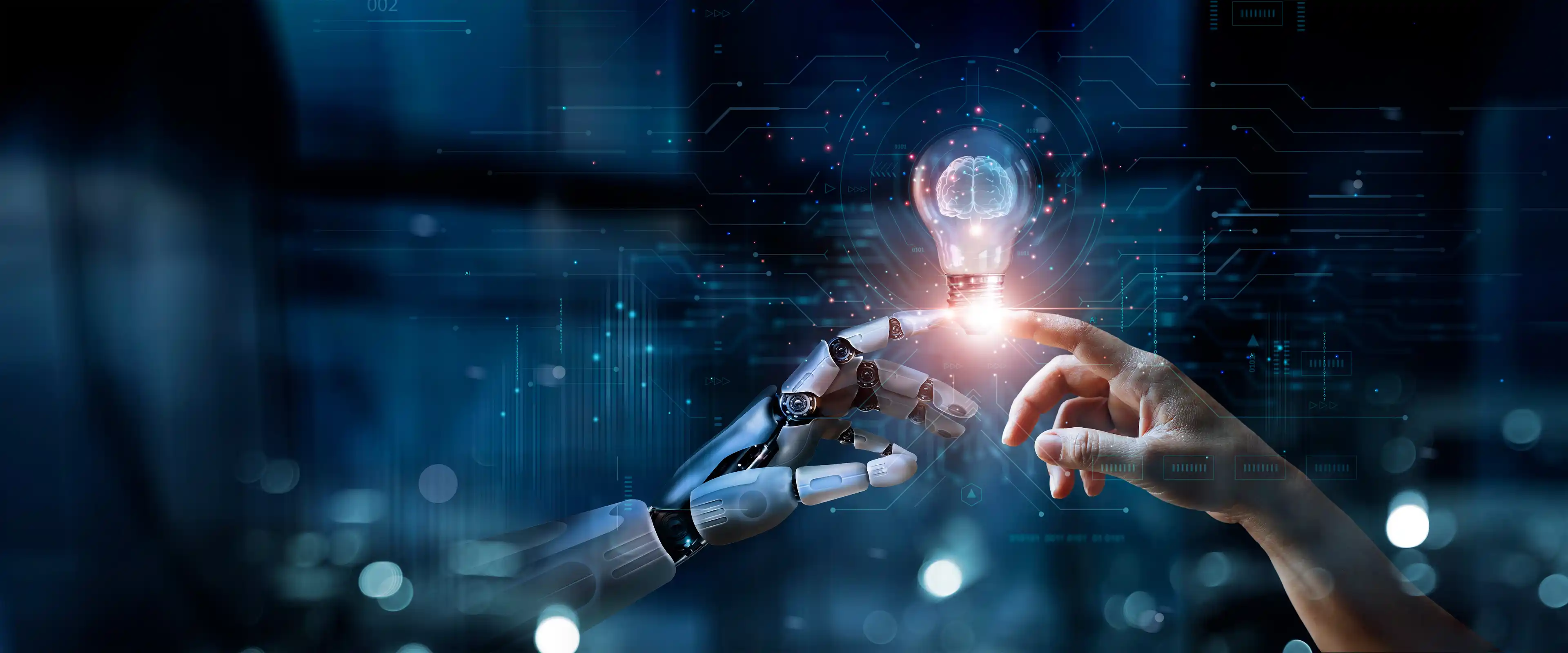
High Value Manufacturing Catapult
Unlock digital twin skills insights tailored for SMEs in advanced manufacturing through the expertise and resources provided by High Value Manufacturing (HVM) Catapult.
Read more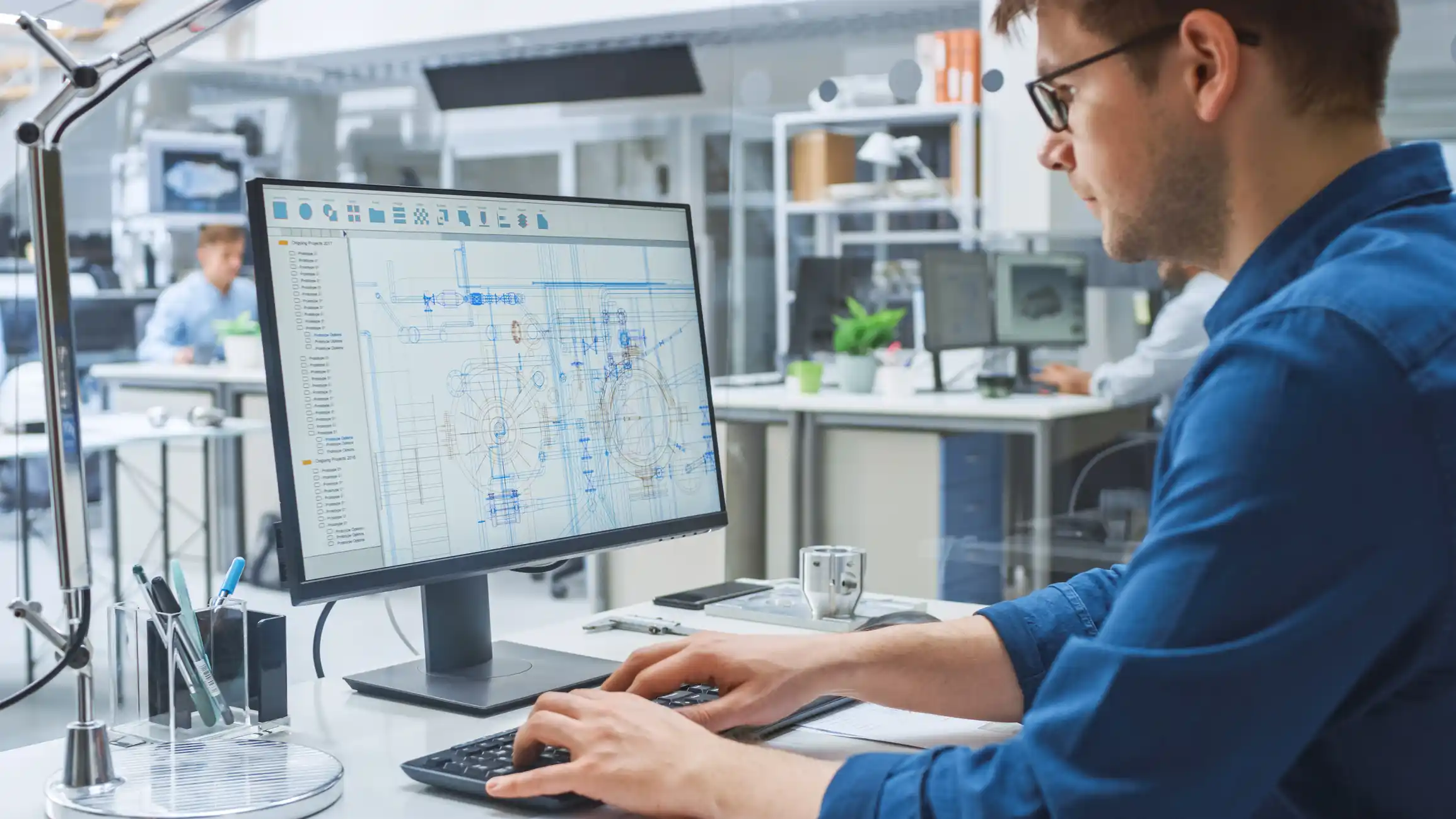
Siemens eBook
Gain insights into digital manufacturing skills for SMEs, particularly in electric vehicle production, with Siemens' comprehensive executive guide e-book.
Read more
Digital Twin Maturity Model
Explore Lockheed Martin's Digital Twin Maturity Model to guide SMEs in understanding and developing the skills required for digital twins.
Read more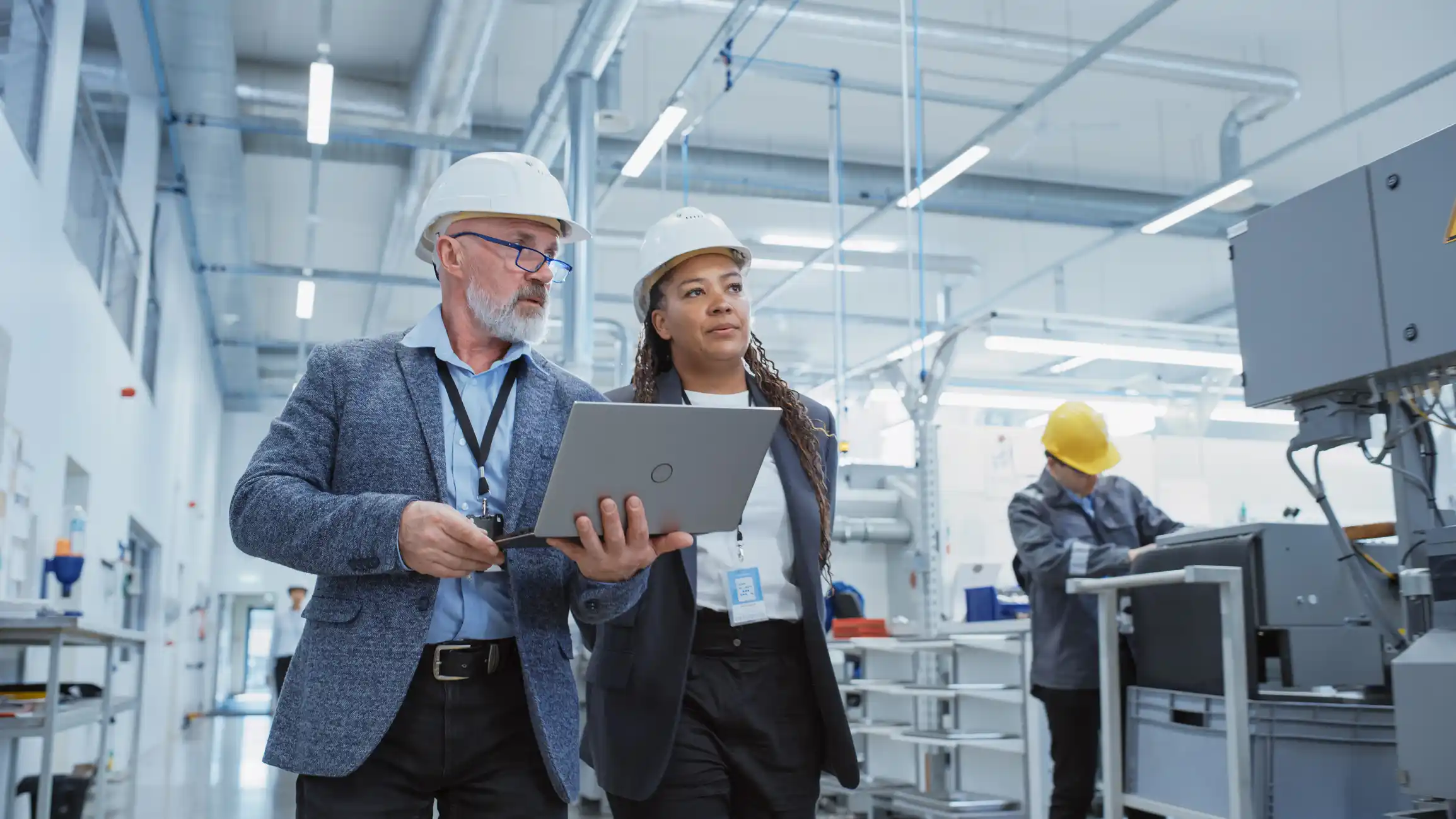
Dig a bit deeper?
Visit Skills for the Information Age (SFIA), the global skills and competency framework for the digital world.
Read more